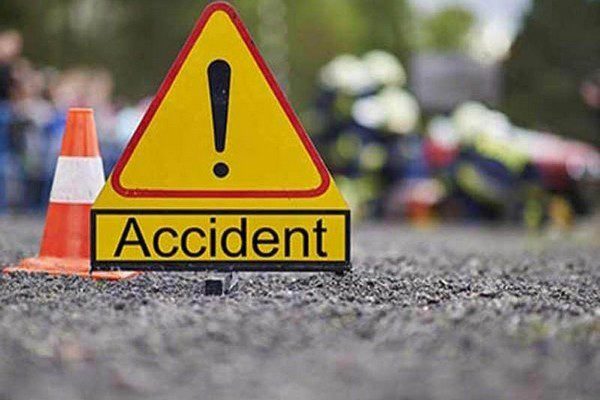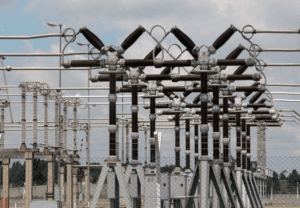

Vigilance in the wake of tragic accidents
The recent spate of road accidents in Lagos and Ibadan has once again underscored the pressing need for road safety reforms, vehicle maintenance, and more responsible driving. The tragic incidents on Wednesday—one involving a commercial bus in Oshodi, Lagos State, and another involving a truck in Ibadan, Oyo State—serve as stark reminders of the dangers posed by reckless driving, mechanical failures, and poorly maintained vehicles. These avoidable tragedies not only claim lives but also leave families and communities grieving the loss of loved ones, while highlighting systemic issues in the nation’s transport sector.
In Lagos, two individuals were injured when a commercial bus suffered a brake failure and crashed into a culvert in front of the Lagos State Traffic Management Authority (LASTMA) headquarters. Although the situation did not result in fatalities, the injuries sustained by the victims and the traffic backlog caused by the incident serve as unfortunate but valuable lessons for the authorities and the public. Brake failure, a preventable issue, is at the root of this crash, highlighting the importance of regular vehicle checks and ensuring that drivers maintain their vehicles to standard.
Earlier that same day, another accident in Lagos saw a driver tragically lose his life. Operating a minibus (known locally as “Korope”), the driver collided with a truck, which was also allegedly caused by brake failure due to excessive speeding. Despite the heroic efforts of LASTMA, the Lagos State Ambulance Service (LASAMBUS), and the Federal Road Safety Corps (FRSC), the driver was recovered lifeless, and his body was later handed over to FRSC officials. While all other passengers emerged unscathed, the tragic death of the driver raises significant concerns about the culture of reckless driving and the consequences of neglecting basic vehicle maintenance.
Perhaps even more shocking was the incident in Ibadan, where a truck laden with granite lost control and veered into a market in Eleyele, killing a middle-aged woman and injuring several others. The truck driver’s failure to manage the vehicle, compounded by a brake failure, led to this disaster. Eyewitnesses reported that the vehicle’s loss of control resulted in a deadly crash that affected innocent market-goers, many of whom are now receiving medical treatment.
The frequency of such accidents demands a collective response from both the public and the relevant authorities. These crashes are not isolated incidents; they are a direct result of poor driving habits, inadequate vehicle maintenance, and, in some cases, the failure of regulatory mechanisms to enforce proper safety standards.
The need for road safety cannot be overstated. As highlighted by the spokesperson for LASTMA, Adebayo Taofiq, the fatalities and injuries would likely have been avoided if proper vehicle maintenance, speed limits, and traffic regulations had been followed. The call to maintain safe speeds and ensure vehicles are properly maintained is not merely a suggestion but a fundamental aspect of road safety. Sadly, the failure to heed these precautions leads to disastrous consequences.
In addition to individual responsibility, the government must step up its efforts to ensure that vehicles on the road meet stringent safety standards. Regular inspections and mandatory maintenance checks should become a norm, rather than an exception. Agencies like LASTMA, FRSC, and LASAMBUS must also continue to work collaboratively, as they did in these instances, to respond swiftly to accidents, mitigate their impact, and provide effective solutions for preventing further incidents.
The culture of impunity and the lack of adherence to traffic laws also demand urgent attention. Reckless driving, particularly speeding and driving without the necessary caution, needs to be met with firmer legal consequences. Public education on road safety should be amplified, particularly in schools and communities, so that the importance of responsible driving and vehicle care is ingrained from a young age.
These tragic events should serve as a wake-up call. They reveal the inadequacies in our road safety system, as well as the dire need for reforms to prevent such accidents from occurring in the future. It is incumbent upon both the public and authorities to take immediate action, ensuring that lives are not lost due to neglect, and that road safety becomes a priority for all.
As the families of the victims mourn their losses, it is imperative that we do not allow these incidents to fade from the public consciousness. Let us turn grief into a renewed commitment to road safety, vehicle maintenance, and enforcement of laws that safeguard lives. Only then can we hope to prevent such senseless tragedies in the future and ensure safer roads for all Nigerians.




